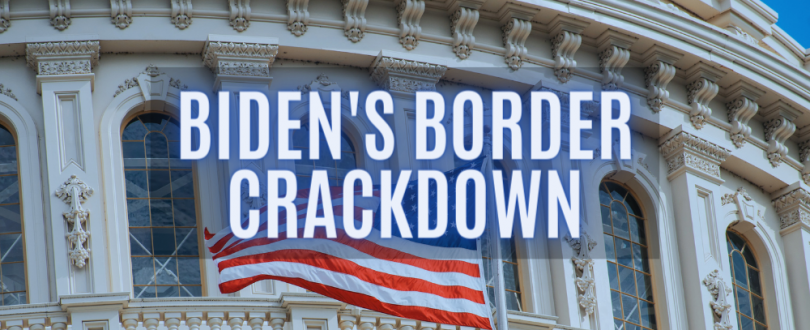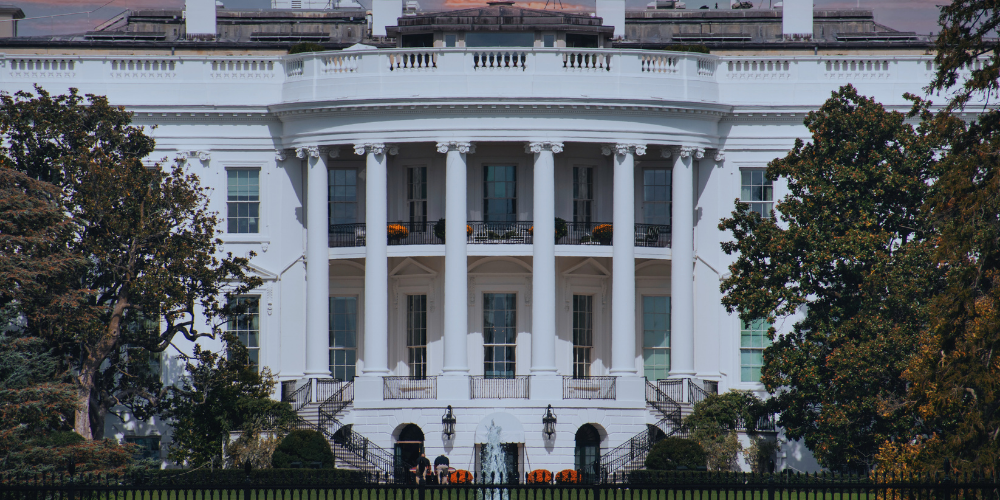
As global wanderers and travel enthusiasts, it’s essential to stay abreast of evolving immigration policies, especially with President Joe Biden’s recent executive actions at the U.S.-Mexico border. These policy changes have significant implications, not just on a political level but also for travelers navigating this region. Here’s an in-depth analysis of what these policy shifts mean, why they have been implemented, and how they could affect your travels.
Overview of the New Policy
President Biden’s administration has introduced several measures aimed at reinforcing border security and streamlining the immigration process. Key elements of this new initiative include:
Enhanced Border Security: The administration is allocating additional resources to improve the infrastructure at the border. This includes increasing the number of personnel and deploying advanced technology to monitor and secure the area.
Streamlined Asylum Processes: There is a concerted effort to expedite asylum claims to alleviate the backlog of cases. This aims to provide quicker resolutions for asylum seekers, ensuring a more efficient processing system.
Stricter Penalties: The policy introduces new, tougher penalties for individuals who attempt to cross the border unlawfully, particularly for those who repeatedly violate these regulations.
For travelers, these changes may lead to more rigorous inspections and extended wait times at border checkpoints, potentially affecting entry processes and travel schedules.

Reasons Behind the Policy Shift
The shift in policy is driven by a combination of increased migrant flows, political pressures, and international instability. Understanding these factors can provide deeper insight into the current travel and immigration landscape:
Political Pressures: The Biden administration is navigating between demands for stringent border enforcement and calls for the humane treatment of migrants.
Increased Migrant Flows: There has been a significant rise in the number of individuals and families arriving at the border, which has presented both logistical and humanitarian challenges.
International Dynamics: Political and economic instability in several Latin American countries has led to an increase in asylum seekers, influencing U.S. border policy.
For travelers, recognizing these dynamics is crucial for comprehending the broader context affecting travel in border regions.
Key Changes and Their Implications for Travelers
Travelers venturing near or through the U.S.-Mexico border should be aware of how these policy changes could impact their plans:
Enhanced Security Measures: Anticipate thorough checks and potentially longer waiting times at border crossings. However, the introduction of more advanced technology could also streamline some procedures.
Visa and Asylum Process Changes: Travelers on visas or seeking asylum should prepare for faster, yet more stringent, processing. Ensuring that all documentation is in order and understanding the specific requirements are more important than ever.
Reactions and Responses
The policy changes have elicited a variety of responses:
Community and Advocacy Groups: There are concerns that accelerating asylum processes might compromise the thoroughness and fairness of evaluations.
Political Reactions: Opinions are divided, with some viewing the measures as necessary for national security and others criticizing them as overly harsh.
Travelers should seek information from reliable sources and engage with local communities and advocacy groups for a well-rounded perspective.
Comparisons with Previous Administrations
The current policies represent a nuanced approach to border control, combining rigorous enforcement with efforts to uphold humanitarian standards. This hybrid strategy marks a departure from the stricter measures under former President Trump and the more lenient approaches under former President Obama.
The Biden administration’s recent policy revisions mark a significant transformation in U.S. immigration and border control strategies, directly affecting travelers in the region. Being well-informed and prepared is crucial for managing any potential complexities these changes might introduce to your travels.
For those planning trips to border areas, staying updated on the latest developments is vital. Regularly consult travel advisories, keep up with immigration news, and consider speaking with legal advisors if your travel plans could be impacted. Proactive and informed planning is your best strategy for ensuring smooth travel experiences amidst these policy shifts.

